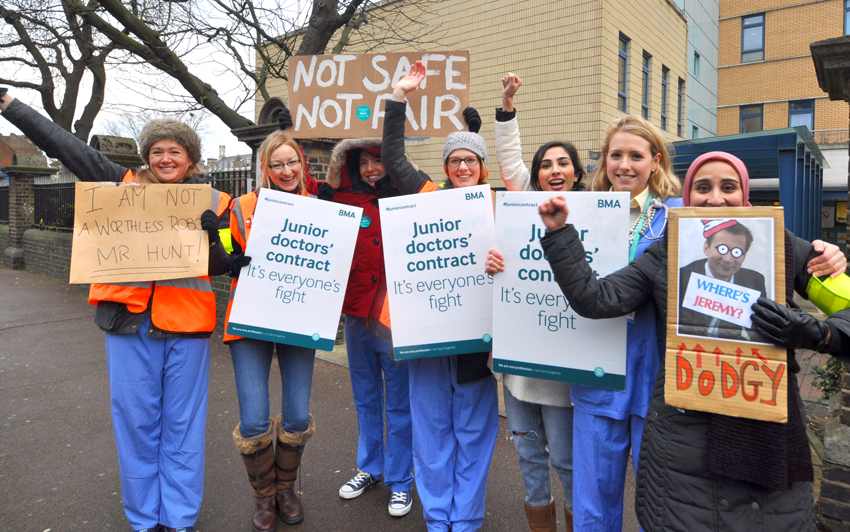
THE Johnson government must answer for its actions over the 20,000 Care Home deaths says the GMB.
Ministers ignored science, evidence and the GMB Union as 20,000 died in care homes.
The cross-party Public Accounts Committee (PAC) said in a report that advising hospitals to discharge thousands of patients into care homes without knowing if they had coronavirus was a ‘reckless’ and ‘appalling’ policy error.
Kelly Andrews, GMB Care Lead, said: ‘More and more proof is coming to the surface showing just how incompetent this Government’s handling of the pandemic has been.
‘They have ignored the science, ignored clear evidence presented to them and failed to protect the older people leading to almost 20,000 deaths in care homes.’
The Unite union called for a public inquiry.
Unite assistant general secretary Gail Cartmail said: ‘The committee’s findings are a welcome first step, but MPs need to dig deeper into the long-standing crisis in social care.
‘Covid-19 has heightened attention on the underlying shortcomings in the social care system that have been building up for decades.
‘The pain and distress of families whose elderly relatives died in care homes because of the government’s flawed policy will be forever etched in the nation’s memory.’
She added: ‘This inquiry should happen, sooner rather than later, as we suspect that Boris Johnson wants to play for time before such an inquiry is set-up as it will expose the lamentable failings of his government during this national emergency which has seen more than 45,000 lives lost to Covid-19.’
The PAC said about 25,000 patients were discharged into care homes in England between mid-March and mid-April to free up hospital beds. After initially saying a negative result was not required before discharging patients, the government then said in mid-April all patients would be tested.
Serious concerns have been raised about the government’s plans ‘to pause’ its shielding policy on 1 August and the challenges that will then face thousands of ‘extremely vulnerable’ people returning to the workplace.
Unite pinpointed key issues such as mental health as people were fearful of returning to a work environment over which they had no control; concerns about disciplinary procedures for those too worried to return to work; and lack of adequate policies for a structured return with the necessary induction programmes.
Unite assistant general secretary Gail Cartmail said: ‘There is an arbitrary ring to the 1 August date and we question whether ministers have thought through all the implications as thousands of ‘shielding’ workers gingerly return to their place of employment.
‘In union-organised workplaces, Unite representatives will be on hand to manage the expected spike in members experiencing extreme workplace anxiety – from mental health issues to maintaining the two metre social distancing rule for this group, rather than the more relaxed ‘one metre plus’ favoured by the prime minister.
‘We shall be watching the situation very closely in the nation’s workplaces to see how this rolls out during August and will intervene with management where we feel improvements could be made for the safety and welfare of all employees.’